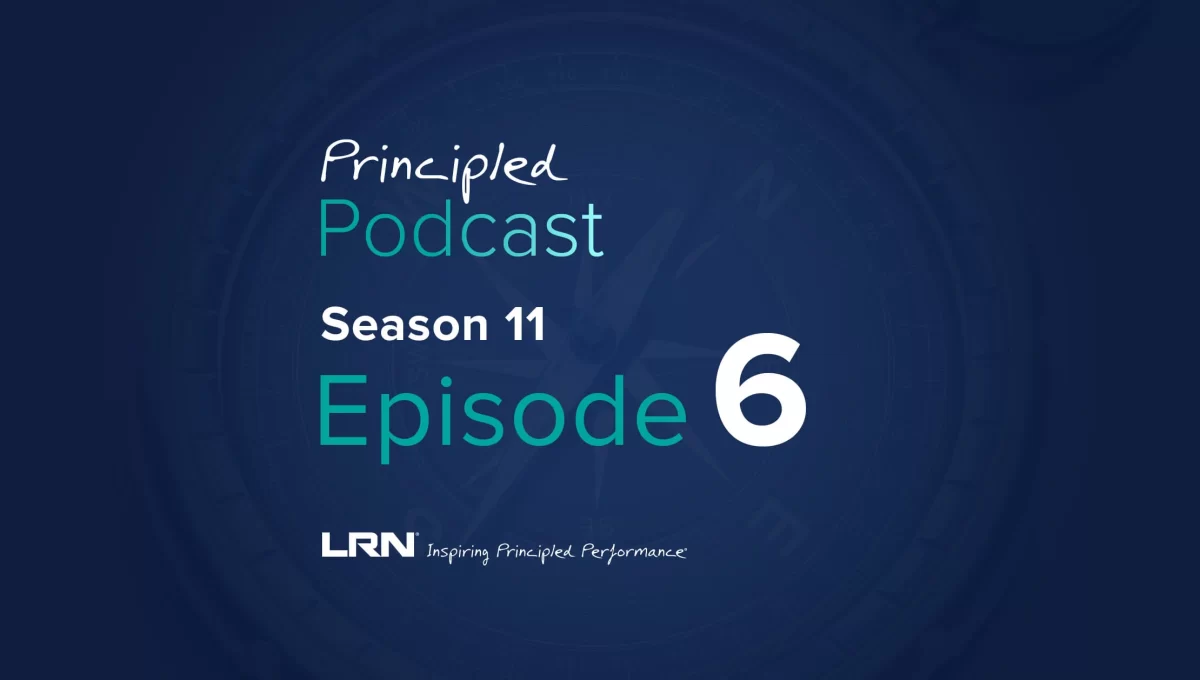Over the past 12 months or so, there have been a series of Foreign Corrupt Practices Act (FCPA) enforcement actions in which the respondents have changed and/or modified their sales models to move away from external third parties and toward direct sales and business generation models. This portends a change in the way the Department of Justice (DOJ) may think about sales models, their inherent risk, and risk management going forward. These FCPA enforcement actions involved Albemarle, SAP, Gunvor, and Trafigura.
Albemarle
The Albemarle Non-Prosecution Agreement (NPA) cited several remedial actions by the company that helped Albemarle obtain a superior result in terms of the discounted fine and penalty. These steps were taken during the pendency of the DOJ investigation so that when the parties were ready to resolve the matter, Albemarle had built out and tested an effective compliance program. The company shifted to a direct sales business model.
This change was relatively new and undoubtedly noteworthy for FCPA enforcement actions, which were changes in a company’s approach to sales and their sales teams. Obviously, corrupt third-party agents brought the company to such FCPA grief. Many of the quotes in the NPA make it clear that Albemarle executives had an aversion to paying bribes but had greater moral flexibility when a third-party agent was involved. This led to the company moving away from third-party agents to a direct sales force.
SAP
While most of the remediation reported in this matter was standard, the one item that every compliance professional should consider is that SAP proactively discontinued using third-party agents for business origination. The point is perhaps the most significant, as the DOJ called out SAP for discontinuing their use of third-party agents. The DOJ information sets out the following: Change in sales models. On the external sales side, SAP eliminated its third-party sales commission model globally, prohibited all sales commissions for public sector contracts in high-risk markets, and enhanced compliance monitoring and audit programs, including creating a well-resourced team devoted to audits of third-party partners and suppliers.
Gunvor
As I noted in my review of the Albemarle and SAP enforcement actions, SAP eliminated its third-party sales commission model globally and prohibited all sales commissions for public sector contracts in high-risk markets. It also enhanced compliance monitoring and audit programs, including the creation of a well-resourced team devoted to audits of third-party partners and suppliers. Albemarle changed its approach to sales and its sales teams. Guvnor also moved away from third-party agents to a direct sales force.
Trafigura
Trafigura eliminated the use of third-party business origination agents. Matt Kelly noted in Radical Compliance, “This is the latest in a string of FCPA enforcement cases where we’ve seen a big, structural change to the sale function. Albemarle eliminated its use of third-party sales agents as part of its FCPA settlement last year; SAP eliminated its third-party sales commission model globally as part of its own FCPA settlement announced in January. Now we have a third global enterprise going that same route, reducing its FCPA risk in a deep, permanent way by restructuring its sales operations.” Here, Trafigura did away with third-party representatives for business generation.
In these four recent enforcement actions, the companies changed their approach to sales and their sales teams and did away with third parties generating new business. All of this points to these companies moving away from third-party agents to a direct sales force.
Moving to a direct sales force does have its risks, which must be managed, but those risks can certainly be managed with an appropriate risk management strategy, monitoring of the strategy, and improvement; those risks can be managed. Yet there is another reason, and more importantly, a significant business reason, to move towards a direct sales business model. Every time you have third-party agent or anyone else between you and your customer, you risk losing that customer because your organization does not have a direct relationship with the customer. A direct sales business model will give your organization more direct access to your customers.
The fact that the 2020 FCPA Resource Guide, 2nd edition, and the 2023 Evaluation of Corporate Compliance Programs do not outline this strategy is another intriguing aspect of how Albemarle, SAP, Gunvor, and Trafigura use it. These are all approaches developed by the companies based upon their own analysis and risk models. It may have come from a realization that the risk involved with third-party sales models was simply too significant, that the companies wanted more control over their sales or some other reason. Whatever the reason for the change, the DOJ took note of each organization and viewed it affirmatively.
Every compliance professional should understand that this is how new ideas are developed by the DOJ and in compliance. Companies assess their own risks and then move forward to manage or change their risk profiles. Expect to start seeing and hearing more about the direct sales model for the DOJ. This is where the DOJ’s comments on compensation incentives and consequence management will come into play.










